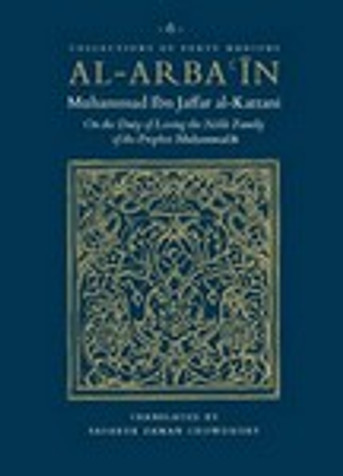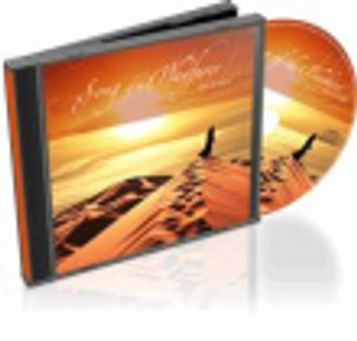Title: The Diwan of sidi muhammad IBN AL-HABIB
Author: Sidi Muhammad ibn al-Habib
ISBN: 9781872038278
Publisher: The Quilliam Press (UK)
A new Revised translation of the famous Diwan of the great Moroccan Alim and Sufi master, Sidi Muhammad Ibn al-Habib, may God be pleased with him, whom a small group of us first met in 1971 shortly before his death on his way to Hajj at the great age of of 103.,
He appeared at a significant time in Moroccan history at the end of a great époque of western Sufism and he was in some ways the isthmus between the old Muslim world of the East and the new age of Islam taking root in the West. Morocco is of course, significantly, one of the most western Muslim nations, parts of it being in fact further west than the UK. Ibn al-Habib was teaching formal knowledge of the Islamic sciences in the Karoueen mosque in Fes as long ago as the year 1900 but by the time he died in 1971 he was a renowned spiritual master as well, with many disciples in Morocco and Algeria and a small number from Great Britain, France and America. He is buried in his zawiyya in Meknes.
The first translation of this Diwan into English was by British translator Humphrey Davies in 1971 and a few years later a more complete translation was made by American translator Aisha Bewley. No other translations have been published till now. It seems new translations of any Arabic works of importance are much needed, including of course the Qur’an itself, for those whom Arabic is difficult of access. A new English text helps to give perspective and a fresh mind to translated ideas that can become jaded or taken for granted over time. It is also an opportunity to correct any errors or omissions.
Of course the translator becomes a means, a filter, through which the meanings have to percolate and it all rests on firstly the depth of understanding of the Arabic by the translator; secondly his or her grasp of the English language and thirdly a deep and practised understanding of the subject matter. Of course mistakes can be made and translators will disagree with one another but Arabic poetry is not easy and a choice of translations can only help.
Singing these poems is another aspect of this remarkable book. The very fact that this knowledge is approached by singing is an indication that it is something special and not just poetry. This Diwan is sung in Morocco in traditional ways that have come down over centuries in the Andalusian tradition but simplified for use by ordinary people. However in Algeria for example, they will use many local tunes as well, appropriate to the verse metre.
This new translation by Abdurrahman Fitzgerald of Marrakech, and Moroccans Fouad Arasmouk and Moulay Abdelkebir al-Belghiti, has been designed to be accessible by novices or experienced Arabists alike. Abdurrahman is director of the Centre for Language and Culture in Marrakech and although American, has lived in Morocco for thirty five years and has many published translations to his credit. Fouad Arasmouk has worked closely with Abdurrahman on all of his published translations particularly excerpts from the great Qur’anic exegesis, the Bahr al Madeed of Ibn Ajiba. Moulay AbdelKebir is the son of the present head of the Habibiyya tariqa in Morocco and an itinerant teacher of sufism in Morocco. The translators also wish to acknowledge the help from American poet, Abdal Hayy Moore and Hamza Weinman in some of the translation work.
Recognising the difficulty westerners have reading Arabic, each verse has been be translated into English and transliterated. The task of translation of this Diwan has continued on and off for over six years and this edition is quite long at 280 pp, being three times its size had it been in one language. A sample page is shown here to illustrate its use of Arabic, its translation and transliteration. It has been designed for practical use with qasidas all numbered and listed in a table of contents. Of particular interest will be a biography of Ibn al Habib by Moulay Abdelkebir al Belghiti, as such never seen before in English.
 Canadian Dollar
Canadian Dollar















